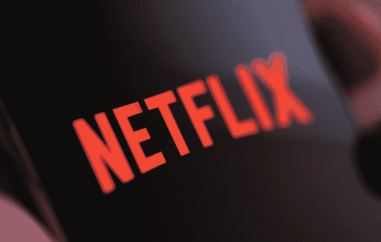Olympics 2022: bid to lose
Munich has already won one gold when it hosted the Olympics in 1972. Is it really prudent to bid on the 2022 Winter Games again?
In 1972 the capital of Bavaria hosted the Olympic Summer Games, which was tragically eclipsed by the massacre of 11 Israelis and one German police officer by Palestinian terrorists. Does Munich really want to host another Games? After Munich's bid for the 2018 Winter Games was lost to Pyeongchang, South Korea, the German Olympic Committee seemed less than enthusiastic about bidding for the 2022 Winter Games .
After losing to Vancouver and Sochi, the Koreans' perseverance won out. Their 2011 bid, which was the third one in succession, was finally successful in December 2011. The recent news that the United States will not make a bid for the Winter Games in 2022 is said to increase Munich's chances of bringing the Winter Games back to Europe. If the IOC were to decide for Munich in 2022, it would be the first time a city has hosted both the Olympic Summer and Winter Games. It would also take place exactly fifty years since the global sporting event came to the city near the edge of the Alps.
The London Games occurring now are projected to earn around £10bn in revenue for the whole British economy, according to Lloyds TSB. And tourism for the London Games and Paralympic Games should bring in another £2.1bn. These are solid numbers for the UK economy, but what about the costs? The original estimate for the London Olympics' price tag was around £4bn, with that number being revised up to £9.3bn in 2007, as reported by the National Audit Office. Games Monitor critic Julian Cheyne estimated in the summer of 2011 that the total cost, including land acquisition and security, is closer to £13bn.
Given these bloated numbers and the questionable return on investment, why does Munich want to bring the Olympics back to Bavaria? The revenue, including that from tourism, is a huge attraction. Infrastructure projects such as trains and roads can be justified for an event of this magnitude. Another reason is the attention and interest in the area that such an international spotlight can generate. This effect is not likely to wear off immediately after the athletes return home with their medals in their bags.
However, it is possible for Munich to enjoy the benefits of Olympic fever without actually being on the hook for the enormous, and inevitably increasing, costs of playing host in 2022. Stephen Dubner, co-author of the bestselling Freakonomics, in an interview with Tess Vigeland, indicates that this might be the case. He referenced research done by University of Chicago economist Allen Sanderson, who compared tourism, construction and tax revenues of Olympic host cities to similar cities at the same time. There were actually no significant differences to be found. Sanderson concludes that, by bidding and thereby signaling you are a world-class city, you can gain international recognition by spending only $80-100 million on a losing bid, and not be stuck with the bill.
So should Munich throw its hat in the ring and then throw the fight? Purely for economic reasons, the question should be considered.



































